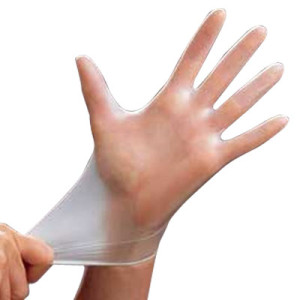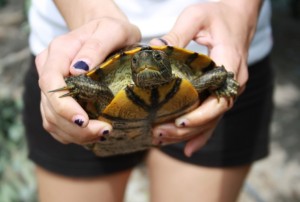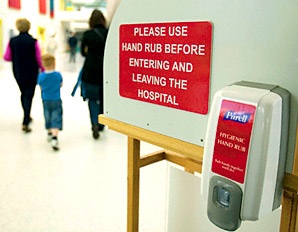Almost a year later, can we be confident that the beef burger is a horse-free foodstuff, asks Alison Healy in The Irish Times.
Every week seems to bring new scares: if it’s not fox masquerading as donkey meat in China, it’s the discovery of donkey, water buffalo and goat in sausages and burgers in  South Africa.
South Africa.
The chief executive of the Food Safety Authority of Ireland, Alan Reilly, believes burgers and processed-meat products have never been safer, because of the range of tests and regulations that have been introduced in response to the scandal.
“The industry will never be caught on the hop again, like it was with horse meat,” he says. Laboratory certification has become standard for anyone selling or buying meat, and testing the authenticity of meat products is the industry norm now. “So from a consumer perspective, that’s a hugely positive step.”
Both ABP and Tesco Ireland point to a range of tests and standards they have introduced to ensure that a meat-contamination scandal cannot happen again. ABP says it believes it has the most comprehensive testing regime of any European meat processor, including DNA testing of cattle and a strict supplier-approval process.
Tesco Ireland says it now has a world-class traceability and DNA-testing system across its food products. “The initial focus of our testing programme was on products containing beef, but things have evolved during the course of the year to include pork, lamb, chicken, fish and processed meats,” a spokesman says.
Tesco is also looking at ways of using tests to help identify the likely origin of some products. “For example, it can be very difficult to identify the provenance of products such  as olive oil, rice or coffee by sight, smell and taste alone. Using our authenticity testing, which looks closely at the chemical make-up of a product, we can verify that what is in the pack is exactly what it says on the label.”
as olive oil, rice or coffee by sight, smell and taste alone. Using our authenticity testing, which looks closely at the chemical make-up of a product, we can verify that what is in the pack is exactly what it says on the label.”
That’s all nice, but consumers have heard all this before, only to be eventually disappointed.. Over time, or bad economics, or both, someone will cut corners. The best producers should be marketing the authenticity of their products and make the testing to validate those claims available for public review.
 never had a problem.
never had a problem.








